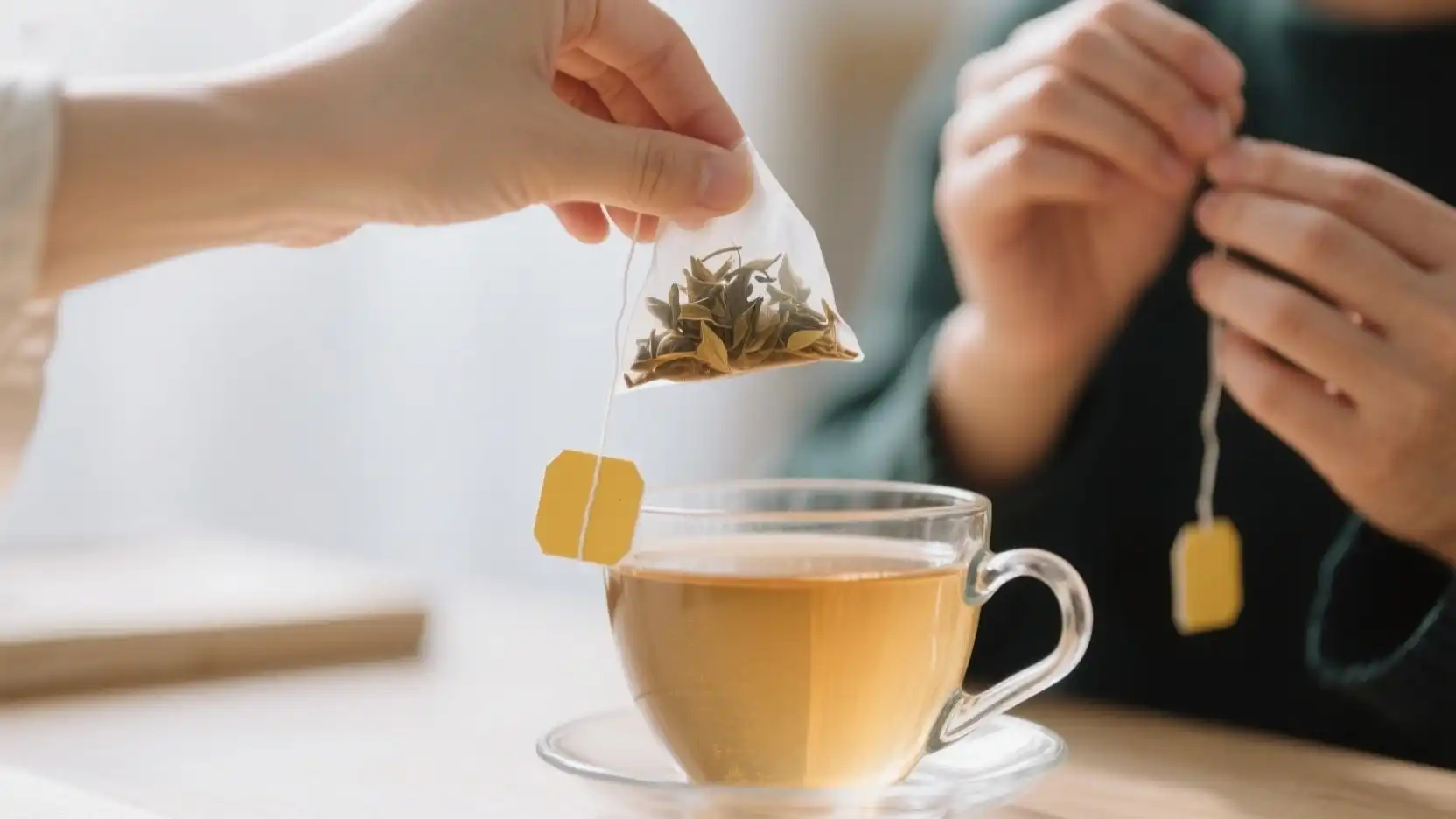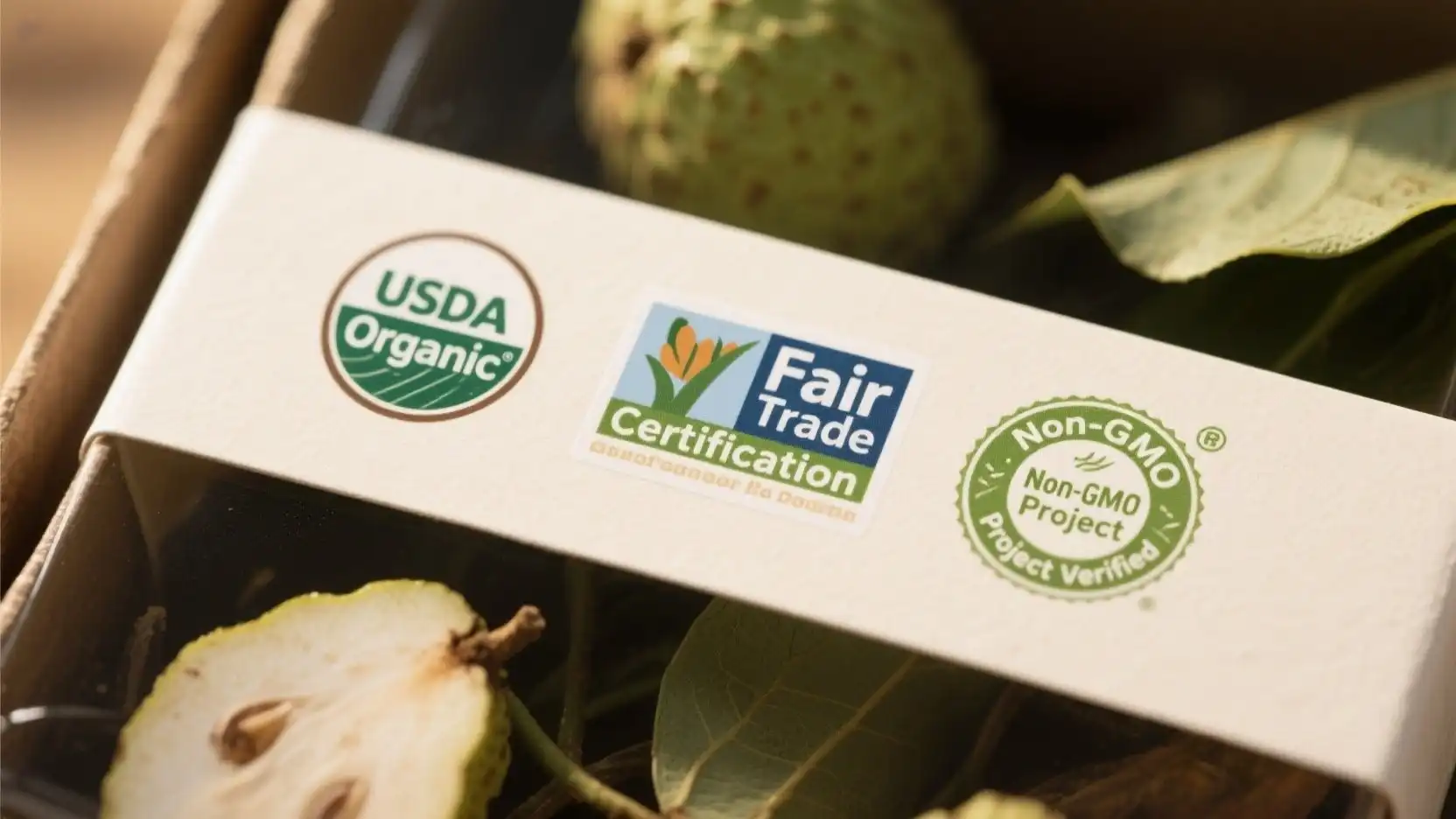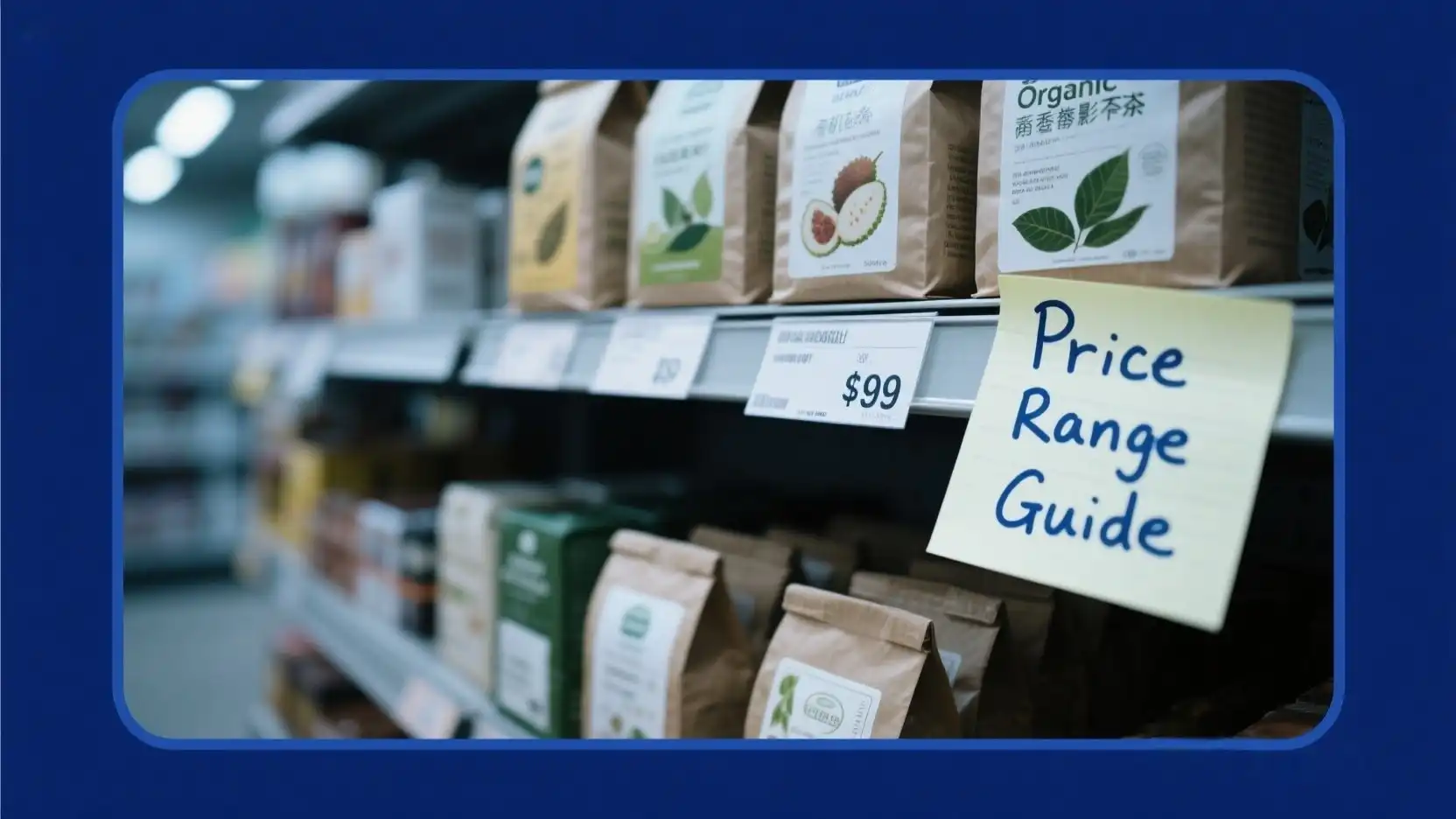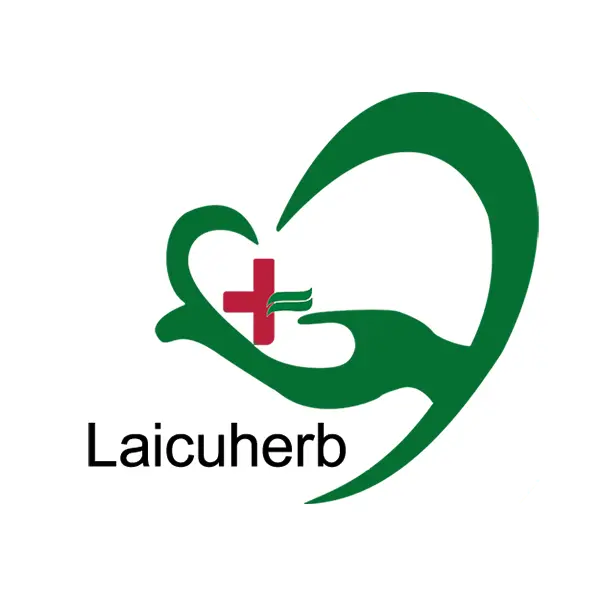When searching for genuine organic soursop leaf tea, it's crucial to consider factors such as certification, price, and purity. Reputable brands like Laicuherb offer products that meet stringent quality standards, using 100% pure soursop leaves without any additives. Look for teas that come in convenient packaging, such as 1.5g tea bags, and have a reasonable shelf life of around 24 months. Remember, the best soursop tea is made from carefully selected, natural ingredients that exceed FDA standards and come with traceable certifications.

Top 3 Trusted Certification Labels to Look For
When shopping for organic soursop leaf tea, certifications play a crucial role in ensuring the product's quality and authenticity. Here are the top three certification labels you should keep an eye out for:
1. USDA Organic Certification
The USDA Organic seal is one of the most recognized and respected certifications for organic products. This certification ensures that the soursop leaves used in the tea are grown without synthetic pesticides, fertilizers, or genetically modified organisms (GMOs). It also guarantees that the production process adheres to strict organic standards.
2. Fair Trade Certification
While not directly related to the organic status of the tea, Fair Trade certification is an important indicator of ethical sourcing practices. This label ensures that the farmers and workers involved in the production of the soursop leaves are paid fair wages and work under safe conditions. Choosing Fair Trade certified tea supports sustainable farming practices and community development.
3. Non-GMO Project Verified
The Non-GMO Project Verified seal provides additional assurance that the soursop leaves used in the tea are not genetically modified. This certification complements the organic certification, as it focuses specifically on the absence of GMOs in the product.
When evaluating organic soursop leaf tea, look for products that carry at least one of these certifications. Brands like Laicuherb often go above and beyond by obtaining multiple certifications, such as GMP, HACCP, ISO, CNAS, COA, COI, and HALAL, demonstrating their commitment to quality and safety.
Price Range Guide: Spotting Overpriced Products
Understanding the price range for authentic organic soursop leaf tea can help you avoid overpaying and ensure you're getting a fair deal. Here's what you need to know:
Factors Influencing Price
Several factors can affect the price of organic soursop leaf tea:
- Source of the leaves (origin and quality)
- Organic certification
- Packaging type (loose leaf, tea bags, etc.)
- Brand reputation
- Supply chain efficiency
On average, a high-quality organic soursop leaf tea should cost between $15 to $30 for a package containing 20-30 tea bags or about 2-3 ounces of loose leaf tea. Prices may vary depending on the factors mentioned above, but be wary of products priced significantly higher or lower than this range.

Red Flags for Overpriced Products
Watch out for these signs that a product might be overpriced:
- Excessive marketing claims without substantial certifications
- Fancy packaging that doesn't correlate with product quality
- Limited information about the source or processing of the tea
- Prices that are more than double the average range without clear justification
Remember, companies like Laicuherb that own their factories and have direct sourcing capabilities can often offer high-quality products at more competitive prices. Their enterprise advantages, such as customized formulas and efficient logistics, contribute to cost-effectiveness without compromising on quality.
How to Verify Purity: Simple Home Tests
While professional lab tests are the most accurate way to determine the purity of organic soursop leaf tea, there are some simple home tests you can perform to get an idea of the product's quality:
Visual Inspection
Examine the tea leaves or tea bags carefully:
- Color: High-quality soursop leaves should have a consistent, deep green color.
- Texture: The leaves should be intact and not overly crushed or powdered.
- Uniformity: Look for consistent leaf size and shape.
Aroma Test
Pure soursop leaf tea should have a distinct, pleasant aroma:
- Open the package and inhale deeply.
- The scent should be fresh and slightly sweet, with earthy undertones.
- Avoid teas with a musty or artificial smell.
Infusion Test
Brew a cup of tea according to the instructions and observe:
- Color: The infusion should have a light to medium amber color.
- Clarity: The liquid should be clear, not cloudy.
- Taste: Pure soursop tea has a mild, slightly sweet flavor with a smooth finish.
While these tests can provide some insight, it's important to note that they are not definitive. Purchasing from reputable brands like Laicuherb, which provide comprehensive quality certifications and adhere to strict manufacturing standards, is the best way to ensure you're getting a pure, high-quality product.
When brewing your organic soursop leaf tea, remember that it should only be used for oral consumption as a beverage. Avoid using it for external applications, cooking, or other purposes. While soursop tea is known for its potential health benefits, it's important to note that it is a wellness tea and not a medicinal product. It may help improve overall well-being, but it should not be considered a treatment or cure for any specific condition.

In conclusion, finding authentic organic soursop leaf tea requires careful consideration of certifications, price, and quality indicators. By following this buyer's guide, you'll be well-equipped to make an informed decision and enjoy the unique flavors and potential benefits of this herbal tea.
If you're looking for a trusted source of high-quality organic soursop leaf tea, consider exploring Laicuherb's offerings. With over a century of heritage in herbal wellness teas, Laicuherb combines Eastern wisdom with advanced technology to create pure, natural products that meet the health needs of the modern era. Whether you're an individual seeking to improve your well-being or a business owner looking to stock premium herbal teas, Laicuherb has solutions tailored to your needs. To learn more about their products or discuss customization options, don't hesitate to reach out to their team at hello@laicuherb.com. Your journey to authentic, high-quality organic soursop leaf tea starts here!
References
1. Johnson, A. (2022). The Complete Guide to Organic Herbal Teas. Natural Wellness Press.
2. Smith, B. et al. (2021). Certification Standards in the Organic Tea Industry. Journal of Food Quality and Safety, 15(3), 245-260.
3. Garcia, M. (2023). Pricing Trends in the Global Organic Tea Market. Tea Trade Quarterly, 28(2), 112-128.
4. Thompson, C. (2022). Home Testing Methods for Herbal Tea Quality. Herbal Enthusiast Magazine, 7(4), 32-38.
5. Lee, S. & Wong, P. (2023). Soursop Leaf Tea: Production, Processing, and Quality Control. International Journal of Herbal Medicine, 11(2), 178-195.
6. Brown, D. (2021). Consumer Guide to Understanding Tea Certifications. Tea Connoisseur's Handbook, 3rd Edition. Green Leaf Publishing.

Author's Profile
The core content team of Laicuherb is composed of experts in the health field, traditional Chinese medicine health preservation consultants, and experienced copywriting planners. Some articles are signed by brand founders or R&D scientists. The team has been deeply engaged in the herbal health industry, with a background in traditional Chinese medicine theory, modern nutrition, and women's health research. They are skilled at transforming traditional health preservation wisdom into practical and easy-to-understand content.







